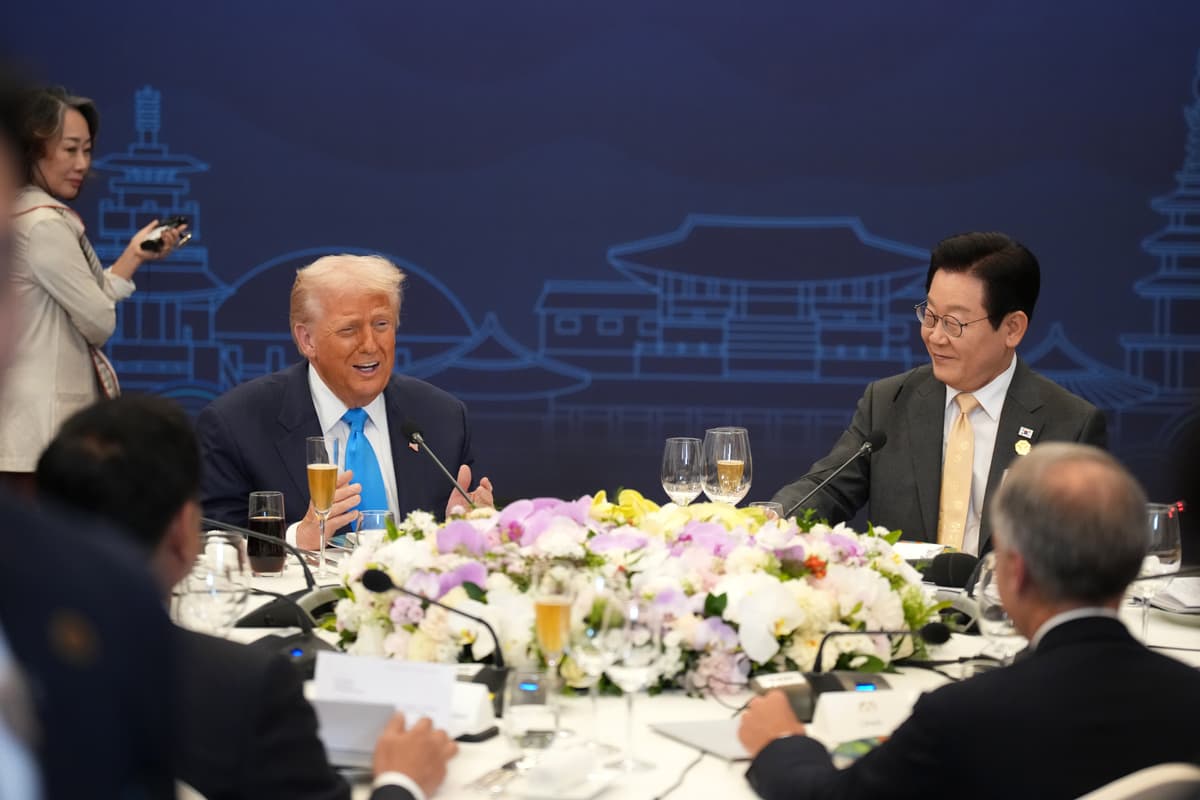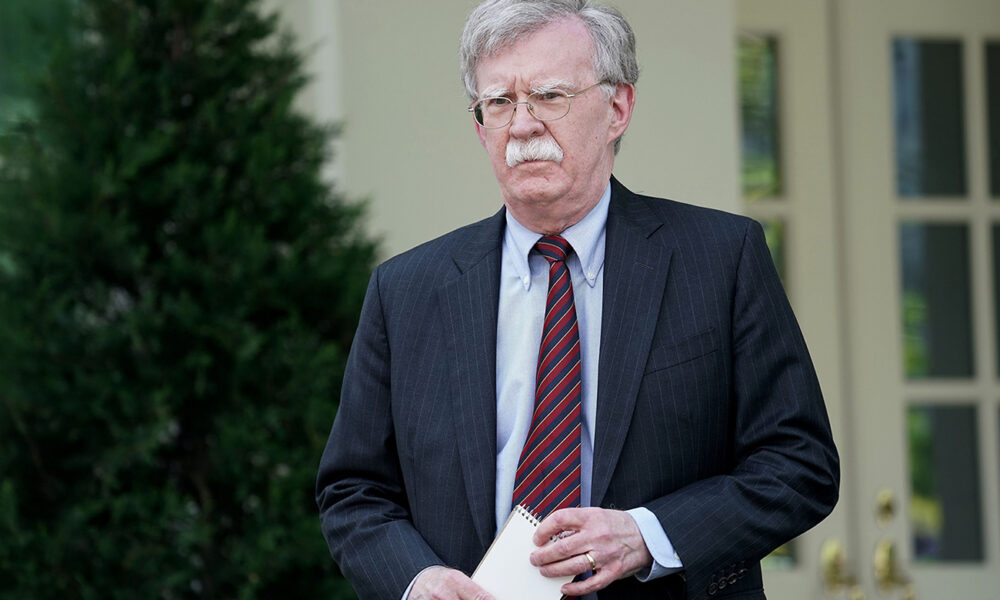Canadian Prime Minister Mark Carney has issued an apology to President Donald Trump following the airing of a controversial advertisement that referenced former President Ronald Reagan‘s stance on tariffs. This marks Carney’s second major concession to the U.S. leader in a matter of weeks, raising questions about his approach to trade negotiations.
During a press briefing on March 21, 2024, in Gyeongju, South Korea, where the annual summit of the Asia-Pacific Economic Cooperation (APEC) concluded, Carney confirmed he personally apologized to Trump during a dinner for summit leaders earlier in the week. The advertisement, produced by the province of Ontario, featured an audio clip of Reagan expressing his opposition to tariffs, which Trump interpreted as a direct affront, leading him to suspend ongoing trade discussions and impose a new 10 percent tariff on Canadian goods.
Reports from the summit indicated a palpable tension between the two leaders, who were seated across from each other. Despite this, Trump later stated on his return flight that he maintained a “very good relationship” with Carney, acknowledging the apology while reiterating his views on the advertisement as misleading. “It was a false commercial. It was the exact opposite — Ronald Reagan loved tariffs,” Trump commented on Air Force One.
Carney’s apology comes after a series of setbacks in his handling of U.S.-Canada trade relations. In June, he withdrew a proposed 3 percent tax on major U.S. tech companies, including Google and Amazon, after Trump threatened to escalate trade tensions. The Canadian opposition, led by Pierre Poilievre, has seized on these developments to criticize Carney’s leadership. Poilievre challenged Carney’s negotiation skills, questioning why he failed to secure a trade deal by the promised deadline of July 21.
In response to the fallout from the advertisement, Ontario Premier Doug Ford has expressed no regrets, defending the ad as a necessary reminder of Reagan’s wisdom during a time of economic strain due to U.S. tariffs on Canadian industries. Ford has been vocal about his commitment to fighting for Ontario workers who have been significantly affected by tariffs on key sectors such as automotive, steel, and aluminum.
The contentious ad drew criticism not only from Trump but also from the Ronald Reagan Presidential Foundation and Institute, which stated that it misrepresented Reagan’s views on trade. Although Canadian fact-checkers noted that the ad accurately quoted Reagan, they pointed out that it presented an incomplete picture of his trade philosophy. Ford, undeterred, claimed that the ad successfully sparked dialogue about trade issues in the U.S., stating, “They’re talking about it in the U.S., and they weren’t talking about it before I put the ad on.”
As the political landscape continues to shift, many Canadians remain focused on the Toronto Blue Jays, who recently made headlines as the first Canadian-based team to reach the World Series since 1993, diverting attention from the ongoing trade disputes.
The developments surrounding Carney’s apology and the associated trade tensions underscore the complexities of Canada’s relationship with the United States, particularly in light of ongoing negotiations and the evolving economic landscape in North America.







